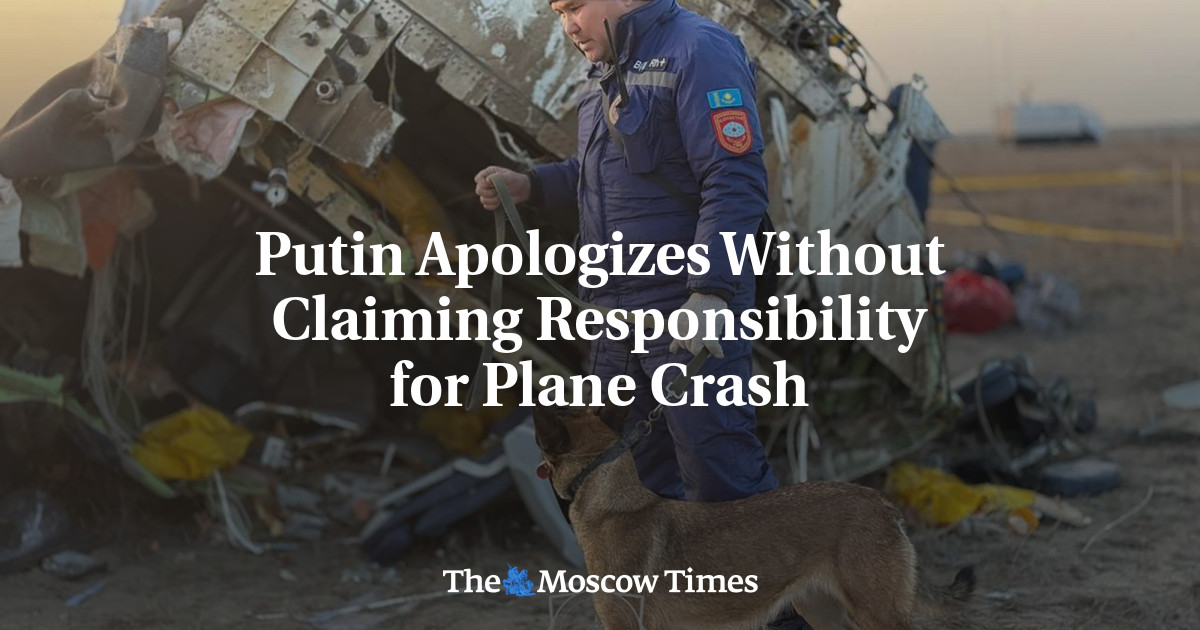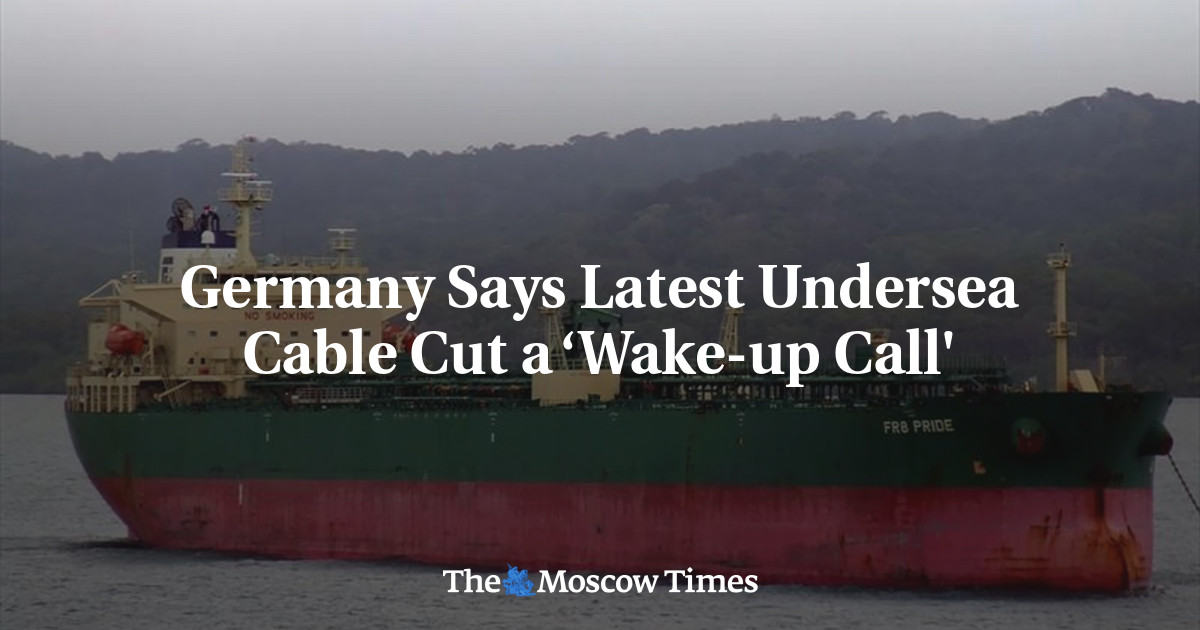Serbian President Aleksandar Vucic spoke by phone with Russian President Vladimir Putin for the first time in two and a half years on Sunday as a decision was expected regarding Vucic's participation in the BRICS summit this week.
Serbia, a European Union candidate, has refused to impose sanctions on Russia, maintaining close and friendly relations.
However, since the invasion of Ukraine, Serbia has condemned the violation of Kyiv's territorial integrity, and Vucic has had limited bilateral talks with Putin.
"I particularly thanked President Putin for ensuring that Russia will provide sufficient quantities of gas for Serbia this winter," Vucic said in a social media video message.
Serbia was completely dependent on Russian gas when Moscow's forces invaded Ukraine in February 2022.
Since then, following the lead of many EU countries, Serbia has worked on finding alternative sources but remains partially reliant on Moscow.
In his first direct talk with Putin since May 2022, Vucic reiterated that Serbia will not change its stance on refraining from sanctions against Russia over the Ukraine conflict.
"Serbia will not impose sanctions on the Russian Federation. That will not change," Vucic said.
The Kremlin in a statement said that the two leaders expressed satisfaction with the level of bilateral relations, based on "spiritual, cultural, and historical commonalities."
"The situation in Ukraine was also discussed. Vladimir Putin provided his assessment of the course of the special military operation," the Kremlin said, adding that the two leaders agreed to continue maintaining contact.
Russia is awaiting an official response to Putin's September invitation for Vucic to attend the summit of the BRICS group — an alliance of emerging economies — in Kazan on Oct. 22 to 24.
"If I say I'm going to Kazan, it will signal the end of Serbia's European path. If I say something else, they'll claim I've betrayed the Russians," Vucic said earlier in the week, adding that he would announce his decision on the trip by Monday.
Sunday's phone call between the two leaders was intended to mark the 80th anniversary of the liberation of Belgrade from German occupation during World War II.
A Message from The Moscow Times:
Dear readers,
We are facing unprecedented challenges. Russia's Prosecutor General's Office has designated The Moscow Times as an "undesirable" organization, criminalizing our work and putting our staff at risk of prosecution. This follows our earlier unjust labeling as a "foreign agent."
These actions are direct attempts to silence independent journalism in Russia. The authorities claim our work "discredits the decisions of the Russian leadership." We see things differently: we strive to provide accurate, unbiased reporting on Russia.
We, the journalists of The Moscow Times, refuse to be silenced. But to continue our work, we need your help.
Your support, no matter how small, makes a world of difference. If you can, please support us monthly starting from just $2. It's quick to set up, and every contribution makes a significant impact.
By supporting The Moscow Times, you're defending open, independent journalism in the face of repression. Thank you for standing with us.
Continue
![]()
Not ready to support today?
Remind me later.
 (1).png)
 2 months ago
10
2 months ago
10













